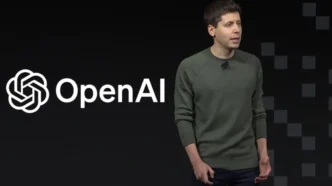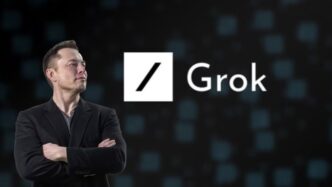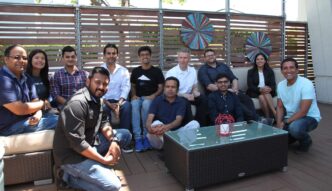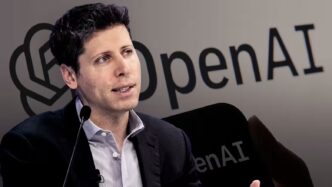In a surprising but strategic move, OpenAI has embraced a rival’s open-source standard to strengthen how its AI assistants interact with external data systems. The company announced it will now support the Model Context Protocol (MCP)—a technology originally introduced by competitor Anthropic—across its product ecosystem, including ChatGPT’s desktop app.
OpenAI CEO Sam Altman confirmed the update in a post on X (formerly Twitter) this week, stating:
“People love MCP and we are excited to add support across our products.” He noted that support for MCP is already available through the Agents SDK, while integration with the ChatGPT desktop app and Responses API is on the way.
What Is the Model Context Protocol (MCP)?
MCP is a powerful open standard designed to make AI models smarter by letting them connect directly to external tools, databases, and development environments. It enables a more dynamic flow of information, allowing large language models (LLMs) to generate highly contextual, task-specific responses by accessing real-time data.
Essentially, MCP helps developers create two-way communication between their internal data systems and AI-driven apps, such as intelligent chatbots or workflow automation tools. Through MCP servers and clients, AI can seamlessly pull in and act on data from CRMs, content management systems, dev environments, or custom APIs.
Industry Adoption Is Growing Fast
Since Anthropic open-sourced MCP, industry adoption has surged. Companies like Block, Apollo, Replit, Codeium, and Sourcegraph have integrated MCP into their platforms to power AI-driven experiences.
Anthropic’s Chief Product Officer, Mike Krieger, welcomed OpenAI’s adoption, saying on X:
“Excited to see the MCP love spread to OpenAI – welcome! MCP has become a thriving open standard with thousands of integrations and growing. LLMs are most useful when connecting to the data you already have and the software you already use.”
Why OpenAI’s Move Matters
By aligning with Anthropic’s open standard, OpenAI signals a shift toward greater interoperability and collaboration in the competitive AI ecosystem. Instead of developing a separate protocol, OpenAI’s support of MCP could pave the way for cross-platform AI experiences, unified developer tools, and faster adoption of enterprise-ready AI solutions.
This decision also highlights the increasing importance of connecting AI assistants with real-time business data. Enterprises are no longer just looking for generative text—they want models that can reason, act, and automate within their software stacks.
OpenAI plans to share further details about its MCP roadmap in the coming months, hinting at deeper integrations and enhanced developer support down the line.













